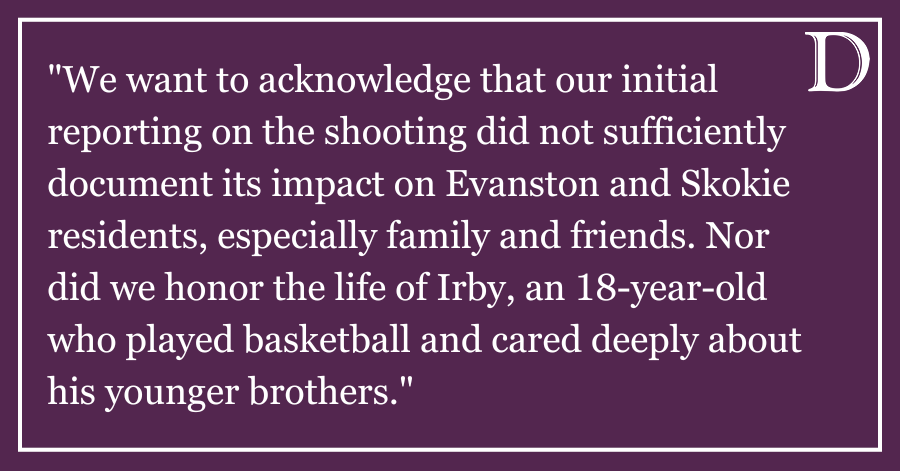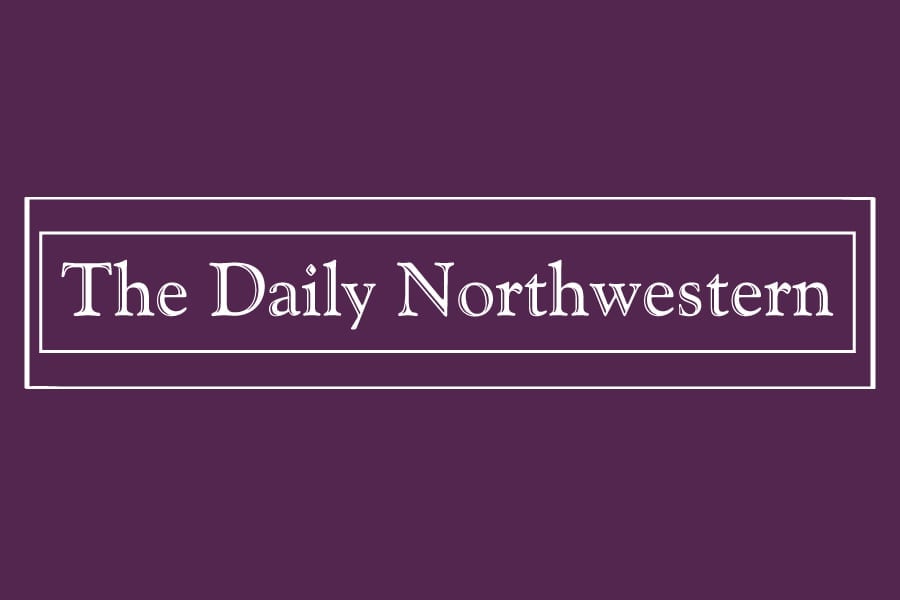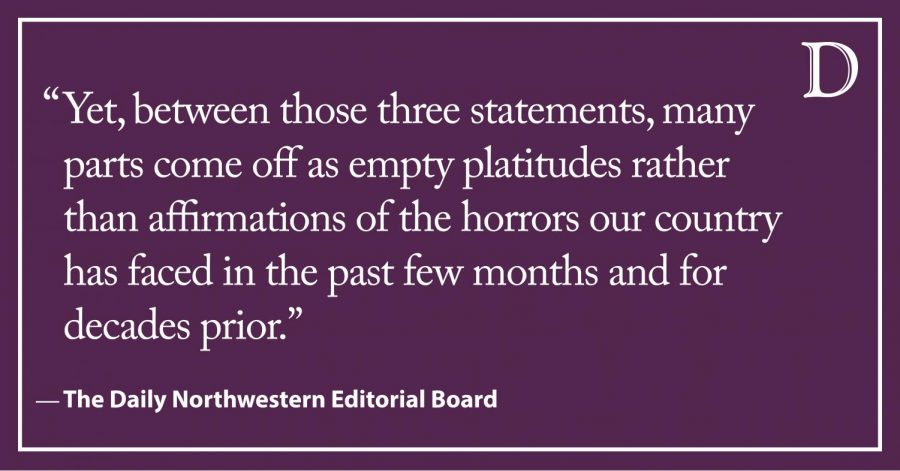Northwestern University’s $6.8 billion endowment is currently one of the largest in the country, consistently ranking in the top-15 nationwide. It is also one of the least transparent. Although select information pertaining to the endowment’s growth, shareholders and performance is released, specific companies in which NU invests are not. Our student tuition may not directly constitute the University’s endowment, but how the University invests its endowment is representative of not only the administration but the entire community. It is in the Northwestern community’s best interest to demand a more transparent policy about endowment investments by establishing an advisory committee comprised of students, faculty and alumni. Likewise, the administration should encourage and engage with this sort of committee, which many of NU’s peer institutions already boast.
Until such an effort is made by students, the administration and investors have no obligation to divulge information about its investments.
“As with most forward-thinking changes at schools, the power to get the work done comes from students,” said Martin Bourqui, a national organizer for the Responsible Endowments Coalition, in an April 19 article in The Daily about the University’s endowment transparency.
Beyond isolated efforts made in the past, including a Special Trustee Committee on South Africa formed in 1990 to address apartheid investments, a unified student effort demanding transparency has yet to be seen at Northwestern. There is no explicit proof that the University is investing its money in companies of which the NU community would not approve. However, secrecy inevitably breeds mistrust, regardless of whether it is warranted. A permanent, longstanding advisory committee would function both as a perpetual watchdog and as a mouthpiece for community priorities.
Chief Investment Officer William McLean’s quote in The Daily’s article proves precisely why a socially responsible University requires endowment oversight. McLean explained that the University’s investment decisions are ultimately contingent upon a company’s ability to pad the endowment.
“We don’t come out and say, ‘We’ll invest with you because you’re sustainable,'” he said. “We say, ‘We’ll invest with you because you will make money.'”
Northwestern’s investments are a direct reflection of its principles. Students have an obligation to hold the University to the ethical standards it espouses; we are indirectly associated with any company that receives NU money.
An advisory board would not guarantee full transparency but will serve as a necessary mechanism for the community to hold Northwestern accountable for its investments. Faculty, students and alumni from each of the six schools should be represented by a combination of permanent and rotating members. It should be of primary import for the advisory board to aim to represent the interests of the entire student body. The diverse committee would be privy to a list of investors and allowed a forum to make recommendations to NU’s Investment Office. The committee’s main objective would be to urge the University to consider the ethical ramifications of how and where it invests.
The Daily hopes the administration would be receptive to establishing an advisory committee. Our endowment is similar in size to several higher-ranked universities, such as Columbia and the University of Pennsylvania. Many of these universities including the ones listed are part of the Responsible Endowment Coalition, a program that increases the transparency of endowments. If NU wishes to achieve peer status with these institutions, it should aim to be similarly transparent with its students and community. First, though, the NU community must acknowledge that while it may not be directly invested in the University’s endowment, we are all shareholders in the Northwestern name.









